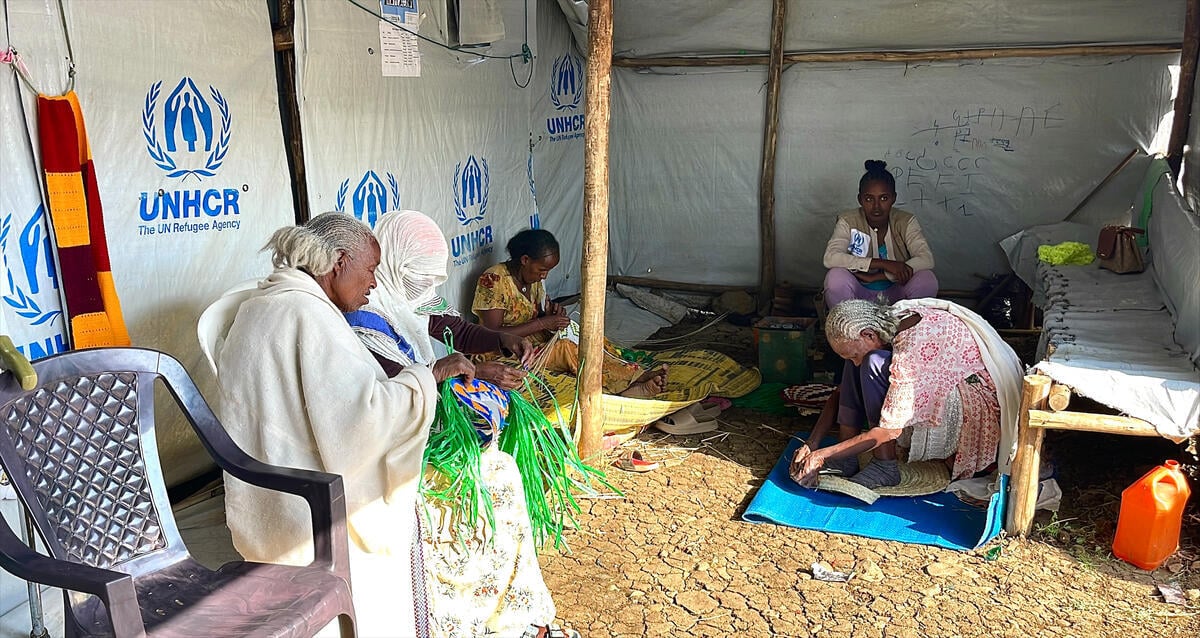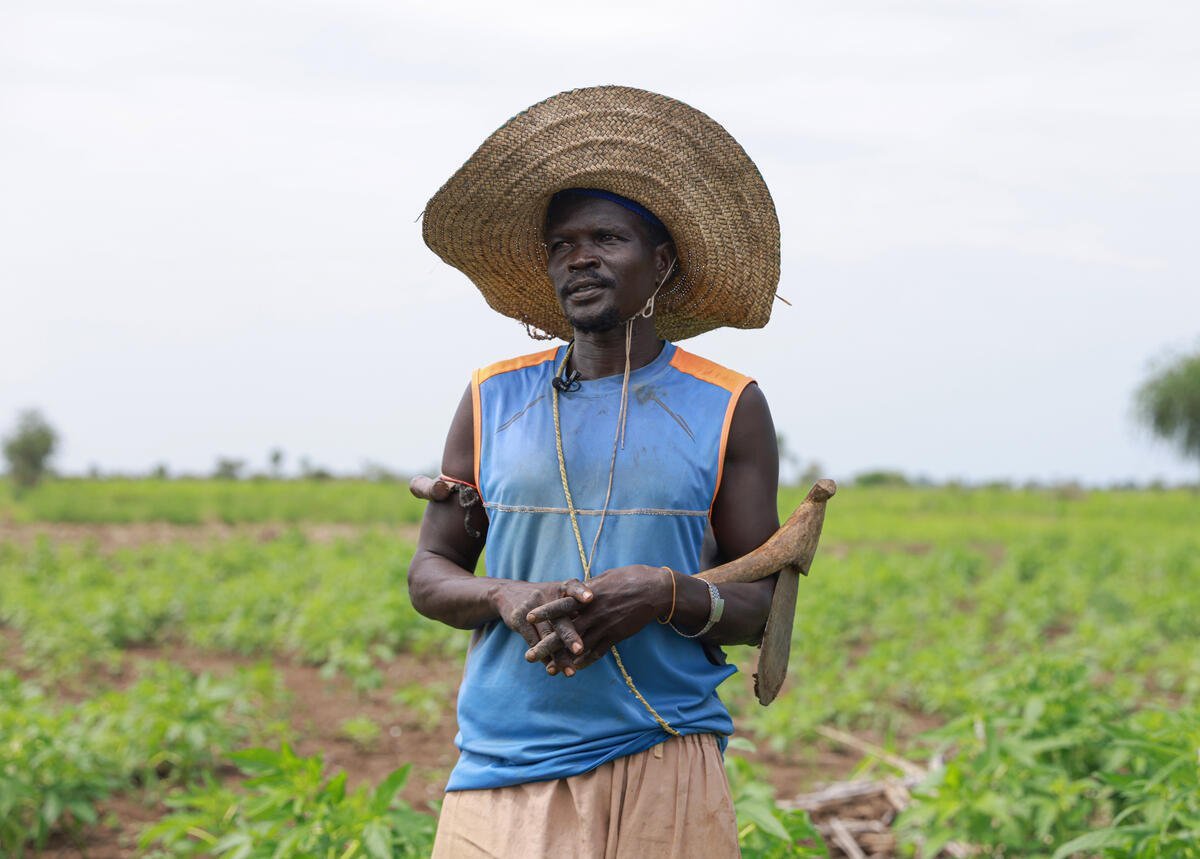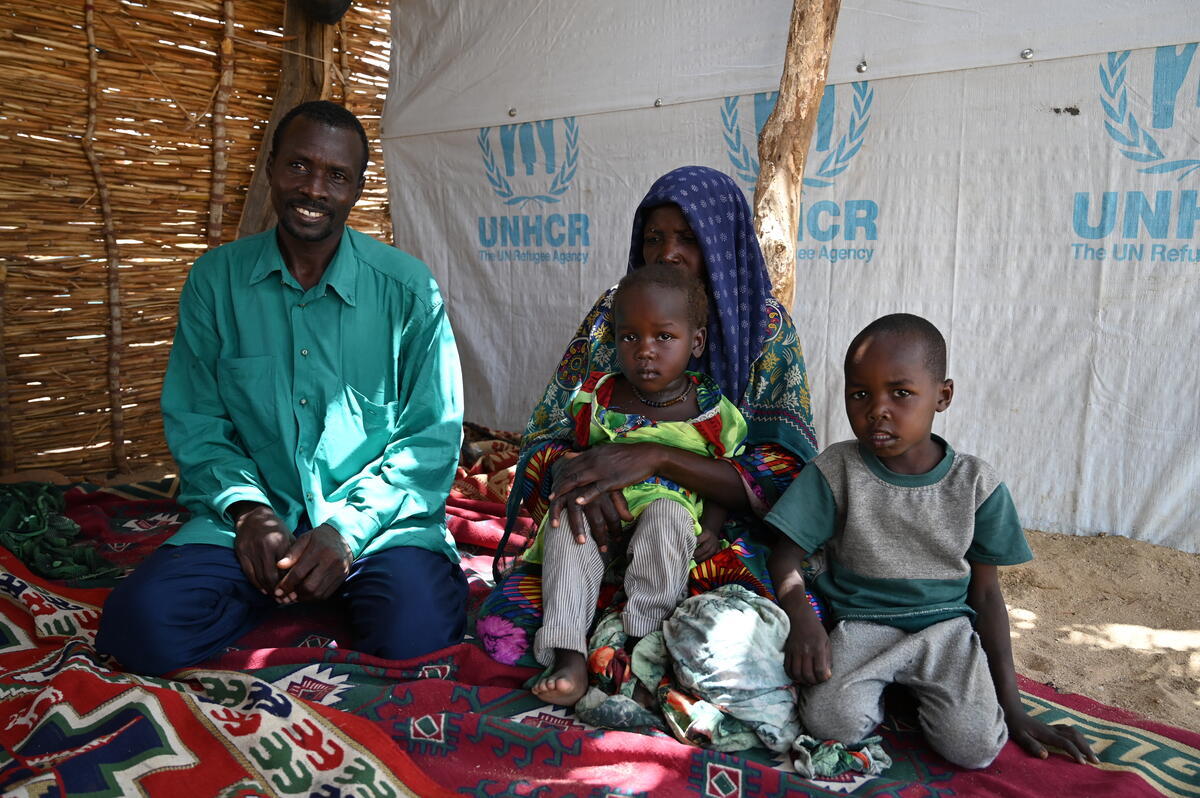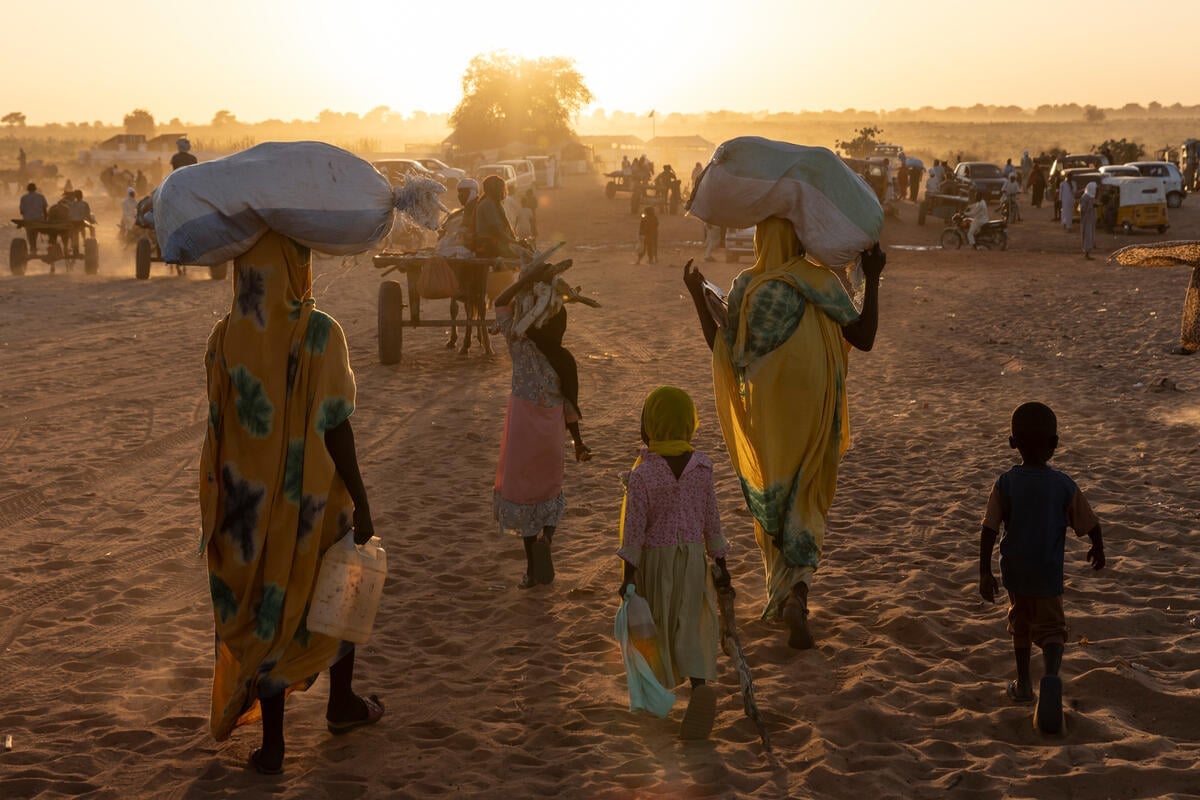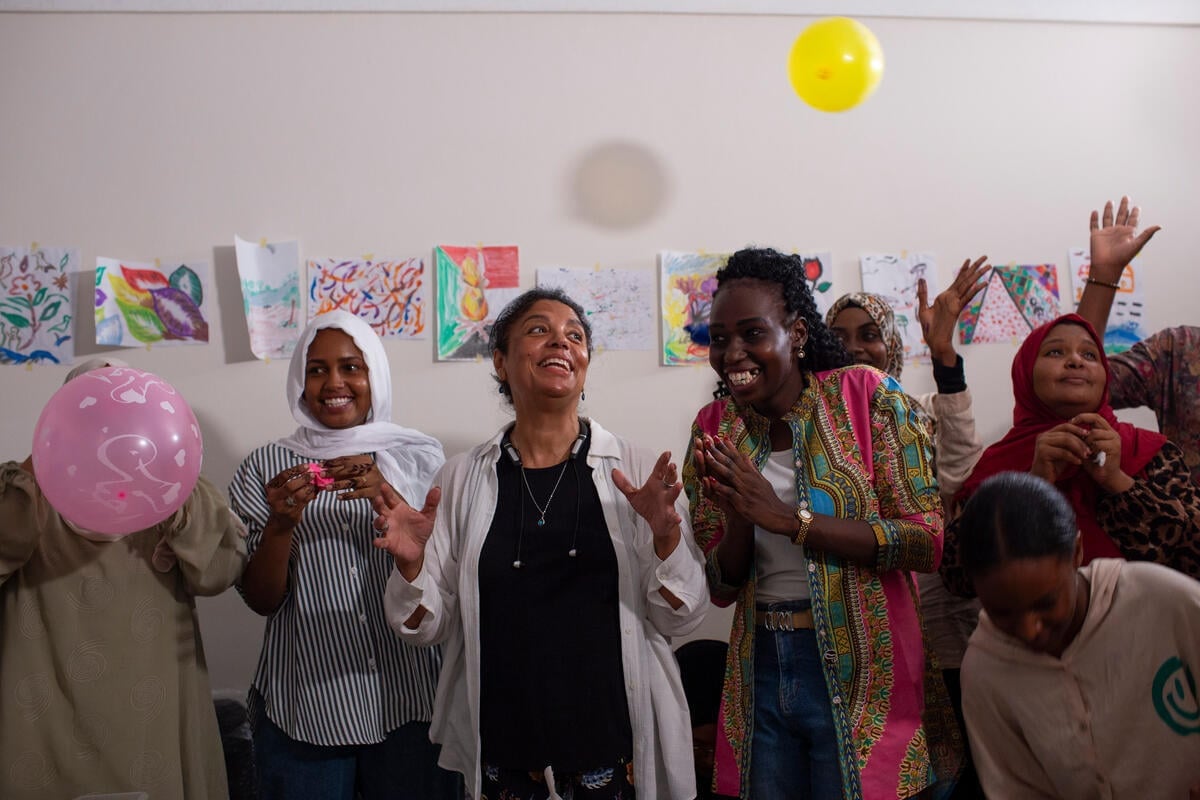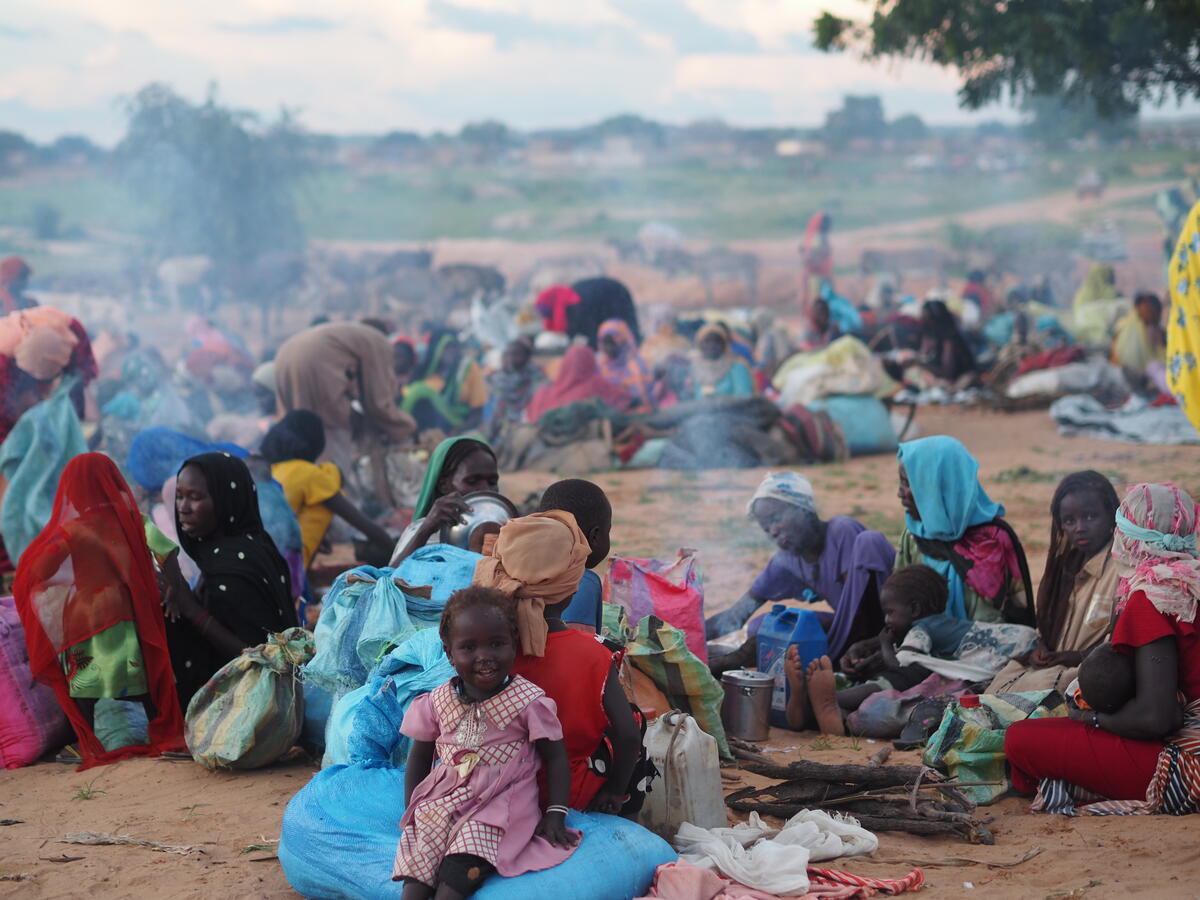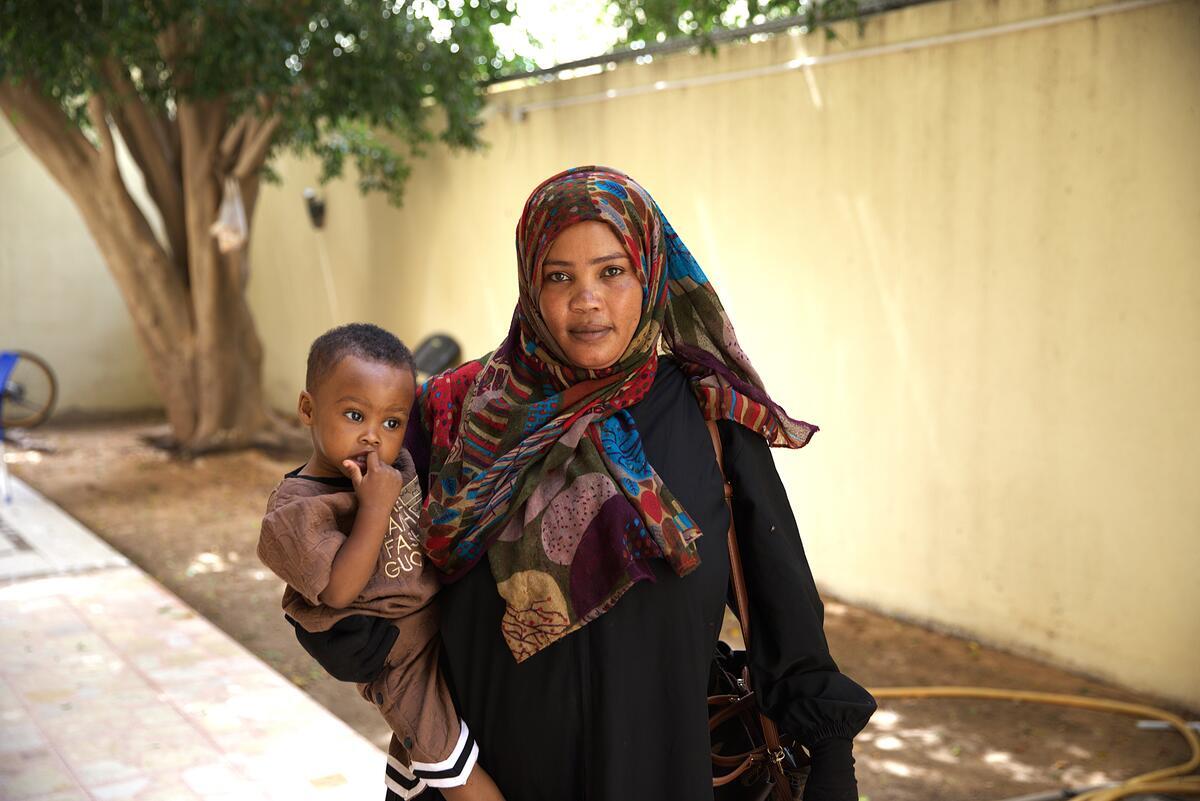Sudan: team in Pochalla to investigate Ethiopian displacement
Sudan: team in Pochalla to investigate Ethiopian displacement
Two UNHCR staff are part of a nine-person team that has travelled to the town of Pochalla in southern Sudan to investigate reports that thousands of Ethiopian and Sudanese Anuaks are fleeing across the border to escape violence in western Ethiopia. The team reported this morning that they have seen people crossing the border, most of them young males. Residents say some 100-200 people are arriving daily. They report walking for a week or more to reach the border and appear to be in reasonably good health. However, they are arriving with no possessions, not even to carry water. There are some children, women and elderly, but most are young men aged between 14-25. Local residents are providing some help to the new arrivals, who are also foraging in the countryside for food.
The team, which headed to the region yesterday, intends to spend two days in Pochalla on the Ethiopian border and will return tomorrow to Lokichokio, Kenya. For its part, UNHCR is investigating the safety and protection needs of the recent arrivals - both refugees and returnees. Representatives of private aid agencies are looking into the health, sanitation and water needs of the Anuaks, while WFP [World Food Programme] will assess their food needs.
World Relief, a US-based NGO, is the only non-governmental organisation operating in Pochalla, and has been the main source of information about the Anuak influx. A World Relief official said earlier this week that between 100 and 300 Sudanese and Ethiopian Anuaks were arriving every day in Pochalla county in the Upper Nile region of southern Sudan. The total number of recent arrivals was reported to be 15,000, mostly in Pochalla town, where many were camped at a local school and church. For the time being, we're cautious about the figure of 15,000, which comes from local authorities. It is also unclear how many are Sudanese Anuaks who were refugees in Ethiopia and may now return to live with their relatives, and how many are Ethiopian Anuaks who have now become refugees in Sudan.
The Anuaks have reportedly been fleeing reprisals that followed killings in mid-December in the Gambella region of western Ethiopia. On December 13, eight people - including three officials of UNHCR's partner, the Administration for Refugee and Returnee Affairs (ARRA) - were brutally murdered in an ambush of a vehicle headed to Odier-Bol, in the Gambella area. In Gambella town, rioting broke out after the bodies were brought back, targeting members of the Anuak community, who were blamed for the attacks. Some 58 people were confirmed killed, and some 400 huts of the Anuaks were burned to the ground.


